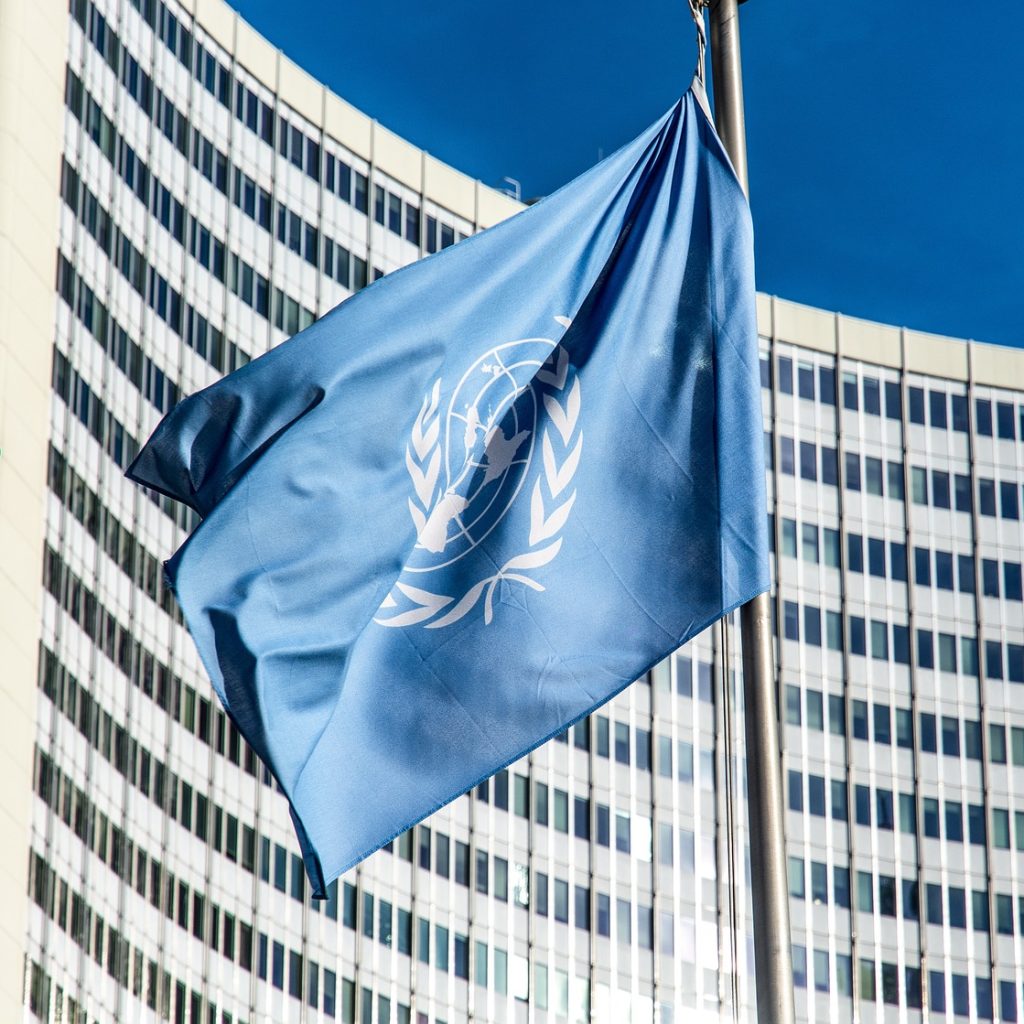”Rebeca Grynspan, secretary-general of United Nations Conference on Trade and Development, has issued fundamental criticism at the EU’s trade policies, stating they hurt developing countries.
She told the Financial Times:
“Many trade rules forbid policies that can be used by developing countries. And the developed countries have more fiscal space to subsidise in the areas that are good for ‘quote, unquote’, the environment.
(…)
Trade and investment have been the two pillars for developing countries to really go on to a path of dynamic growth. And now it will be as important for dynamic, sustainable growth.”
In particular, she attacked the EU’s new green rules banning imports from deforested land as too punitive, saying:
“If you only punish the population and don’t help them have a sustainable income from a sustainable forest . . . what is the way forward?”
Rich world uses green policies to hold back the poor, says UN trade chief | FT https://t.co/7XcAMAm4ek Rebeca Grynspan condemns subsidies and environmental protectionism in US and EU pic.twitter.com/71PPSYTXDs
— Venik (@venik44) December 25, 2023
Earlier this year, precisely this led to a dispute which caused a sharp deterioration in the relationship between the EU and Malaysia and Indonesia, which was triggered by the EU’s new deforestation directive, which imposes onerous new bureaucratic requirements on importers of palm oil. This is a major export product of the fast growing economies of Indonesia and Malaysia. As a result, both countries decided to freeze trade talks with the EU just before the summer. Also the ITC, a joint agency of the UN and the World Trade Organisation, has warned that the EU’s approach could have a “catastrophic” effect on global trade, as smaller producers in particular risk being “cut off” from market access.
In contrast, the UK succeeded in getting access to the Trans-Pacific Trade Agreement CPTPP, the biggest trade deal for the British since Brexit, after it decided to recognise local programmes to reduce deforestation, unlike the EU. The EU still refuses to do so, despite for example Malaysia’s Malaysian Sustainable Palm Oil (MSPO) certification programme and the country’s success in reducing deforestation, something which was lauded earlier this year by the NGO Global Forest Watch.
Progress on slowing deforestation could boost climate efforts, say experts https://t.co/HNq0C0CfmW
— Guardian Environment (@guardianeco) August 7, 2023
There are other areas where the EU is increasingly seeking to impose specific policy choices and conditions on trading partners, which leads to tensions, as for example the new “due diligence” directive, which imposes on importing companies to investigte not only whether human rights violations are committed by their suppliers, but also whether they respect all kinds of specific ecological standards. A German industry federation strongly criticised this, warning that “With this, the EU is putting the next nail in the coffin of European industry’s competitiveness.”
Separately, also the failure to conclude the Mercosur deal with Latin American economies is the result of excessive EU overburdening of trade deals with all kinds of specific policy choices, according to experts like Marcela Cristini, senior economist at the Argentinian Foundation for Economic Investigations in Latin America (FIEL).
She has argued that the environmental requirements of the EU are too demanding compared with the economic benefits the deal would have for Argentina, noting “The requirements are exaggerated,” and “the trade deal is not very beneficial for Argentina,” explaining that only small quotas for some products were opened, adding: “In reality, we are not expecting great commercial results from it.”
Expert on EU-Mercosur deal: Argentina needs green investments, not rules https://t.co/g891PRbTLR
— Euractiv (@Euractiv) December 22, 2023

